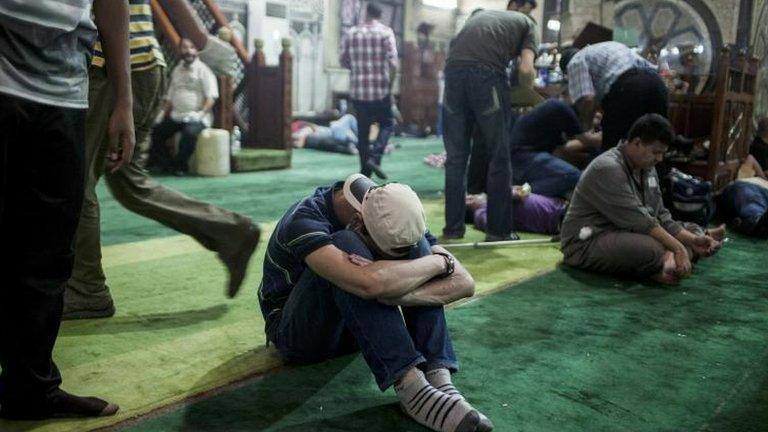Ibrahim Halawa: Egypt rejects Irish calls over Dublin man
- Published
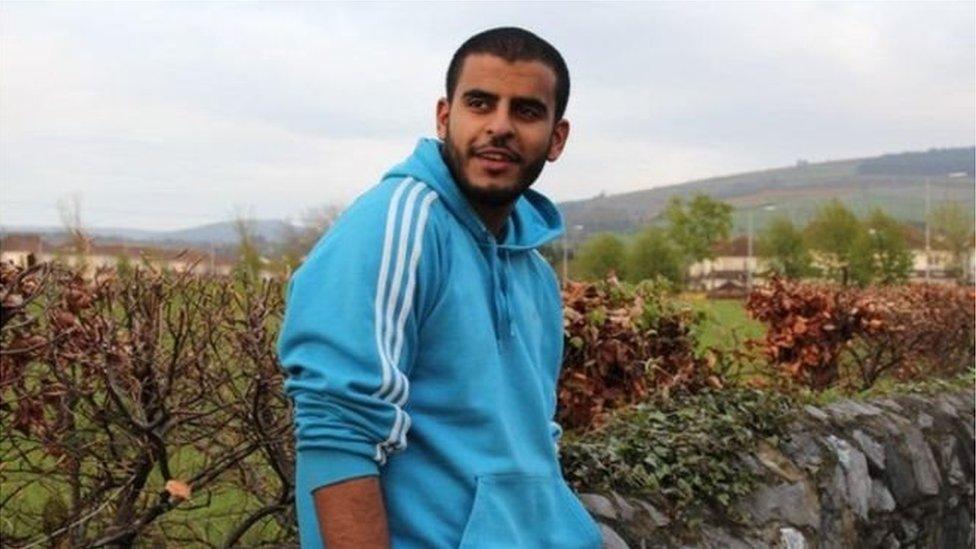
Ibrahim Halawa faces a possible death sentence
Eqypt has objected to calls from the Irish parliament to release Dublin man Ibrahim Halawa.
The Egyptian parliament said the request was interfering in the affairs of the Egyptian judiciary.
Mr Halawa was 17 when he was arrested during a siege at the Al-Fath mosque in Cairo in 2013.
He has been accused, along with more than 400 others, of inciting violence, riot and sabotage.
Mr Halawa's solicitor, Darragh Mackin, has described the Egyptian parliament's decision as "disheartening".
'Highest level'
Speaking on BBC Radio Ulster's Evening Extra programme on Tuesday, Mr Mackin said the decision was not final, but that there was "no short fix".
"It is essential that the pressure is put on at the very highest level from the Irish government to the Egyptian government, the reality is that the decision rests with the Egyptian president," said Mr Mackin.
"There remains a domestic law in the Egyptian judicial system which allows the Egyptian president to exercise his discretion where he feels it would be in the state's interest to release and deport a foreign national.
"We are finalising that application and hope it will be lodged in the coming days.
"We understand the Irish government and Irish taoiseach (prime minister) will be endorsing and supporting that application, which would allow for Ibrahim to be deported back home," he added.
Mr Halawa's family have said he had taken refuge in the mosque during violent clashes between supporters of ousted president Mohammed Morsi and the security forces.
Death sentence
The son of Ireland's most senior Muslim cleric, Mr Halawa, from Firhouse in Dublin, has spent more than 1,000 days in prison.
He faces a possible death sentence.
On 8 July, both houses of the Irish parliament passed cross-party motions protesting against the detention of Mr Halawa in Egypt.
In a statement read by Speaker Ali Abdul Aal on Sunday, the Egyptian parliament accused Mr Halawa of being a member of the Muslim Brotherhood, a claim denied by his family.
The statement said he was charged with assaulting police, disrupting roads and endangering the safety of citizens.
Mr Halawa's family said they were on holiday at the time and had sought refuge in the mosque to escape the violence outside.
- Published7 July 2016
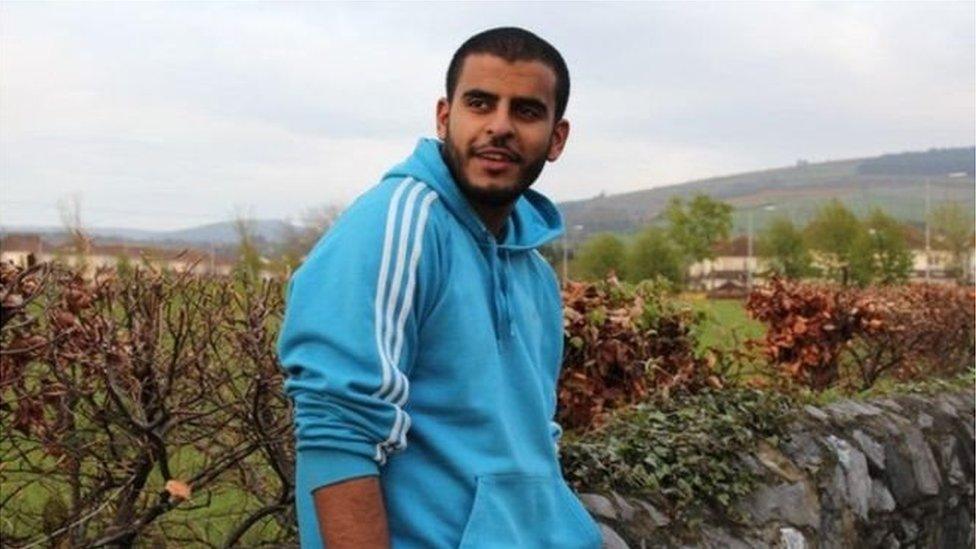
- Published27 April 2016

- Published7 March 2016
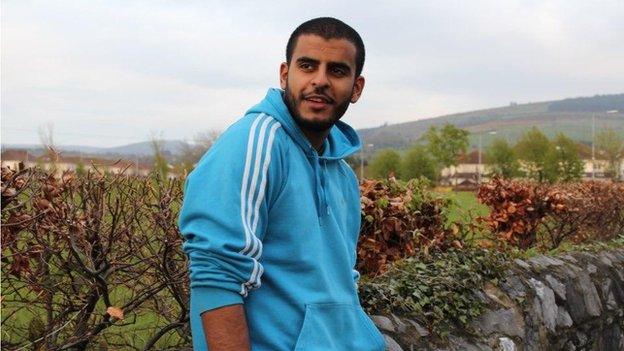
- Published9 January 2016

- Published17 December 2015

- Published1 December 2015

- Published4 October 2015

- Published2 August 2015

- Published3 June 2015

- Published30 March 2015
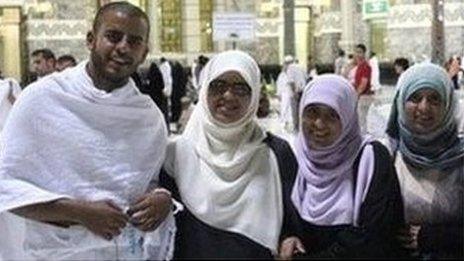
- Published8 February 2015
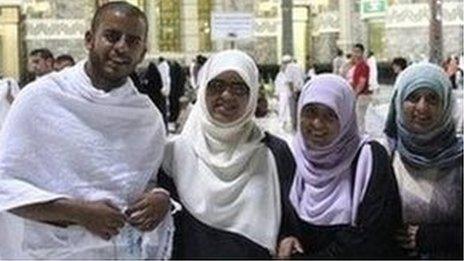
- Published5 February 2015

- Published17 August 2014
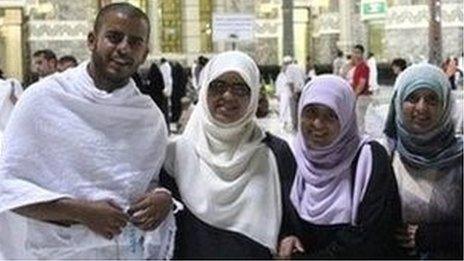
- Published17 August 2013
